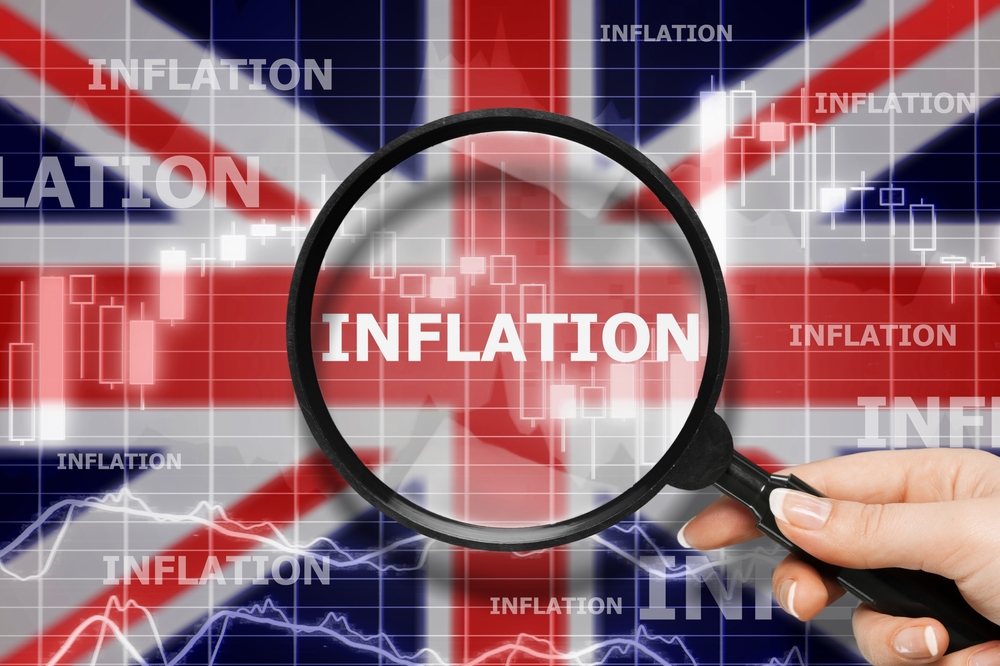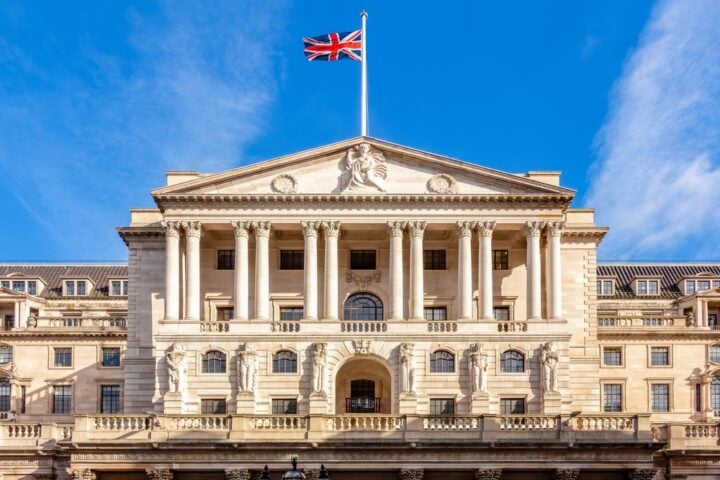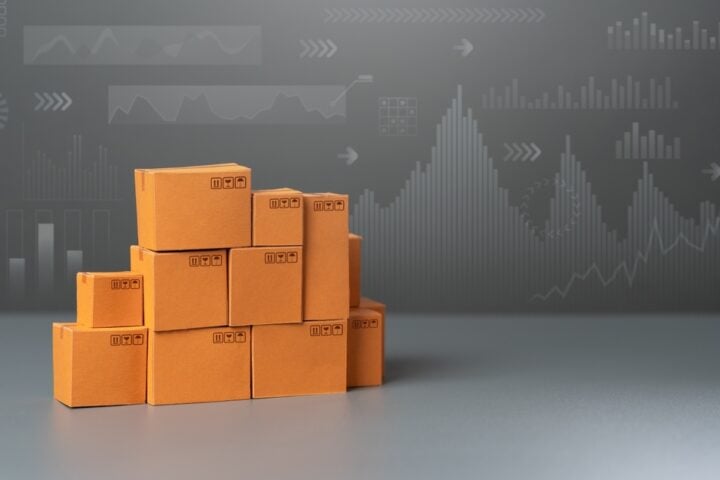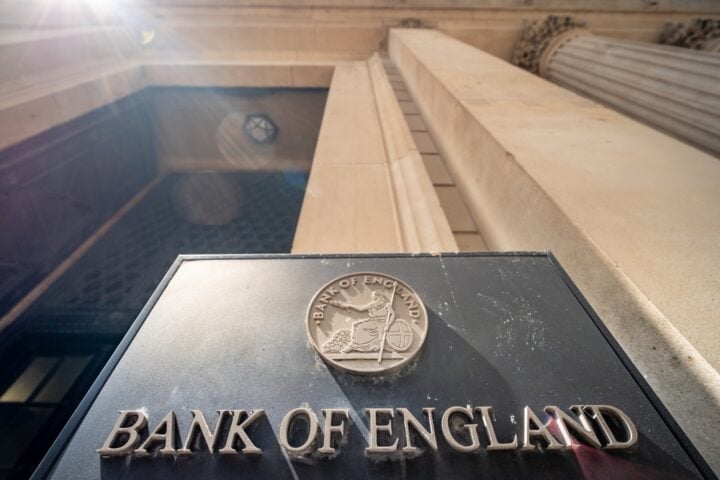The UK’s **inflation rate** surged to **3%** in January, surpassing analyst expectations, according to data released by the **Office for National Statistics (ONS)** on Wednesday. Economists polled by **Reuters** had forecast a **2.8%** reading over the past twelve months.
Core Inflation and Key Drivers
Core inflation, which excludes volatile energy, food, alcohol, and tobacco prices, rose by **3.7%** in the twelve months leading to January, up from **3.2%** in the previous month. Notably, **core services inflation** increased from **4.4% to 5.0%**, the **ONS** reported.
“Inflation increased sharply this month to its highest annual rate since March last year,” said **Grant Fitzner**, the **ONS’ chief economist**. He attributed the rise to:
- Airfare declines being smaller than usual due to holiday travel patterns
- Rising food prices, particularly for **meat, bread, and cereals**
- Private school tuition hikes following new **VAT rules**, leading to a nearly **13%** increase
Government and Market Reactions
UK Chancellor **Rachel Reeves** acknowledged the impact on families, stating that economic growth and “getting more money in people’s pockets” remain priorities.
Following the data release, the **British pound** remained stable against the dollar, trading at **$1.2615**.
Economic Outlook and BOE Response
Despite a **three-year low of 1.7%** in September, inflation has climbed due to rising **fuel costs** and **service fees**.
Earlier in February, the **Bank of England (BOE)** made its first **interest rate cut of the year**, reducing the benchmark rate to **4.5%**. However, the BOE predicts inflation could **rise to 3.7%** in Q3 2025 before retreating to the **2% target by 2027**.
The central bank also **halved the UK’s economic growth forecast** for 2025, from **1.5% to 0.75%**.
Expert Opinions
According to **Ruth Gregory**, deputy chief UK economist at **Capital Economics**, the inflation rise was expected but exceeded predictions. She noted:
- Higher **energy prices** could keep inflation above **3%** for the next seven months.
- The **Bank of England** may still proceed with rate cuts.
- Inflation is projected to **fall below 2% by 2026**, barring persistent cost pressures.
Gregory cautioned that if inflation remains elevated, **rate cuts may be slower or not as extensive as expected**.







